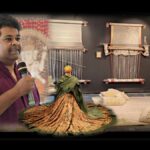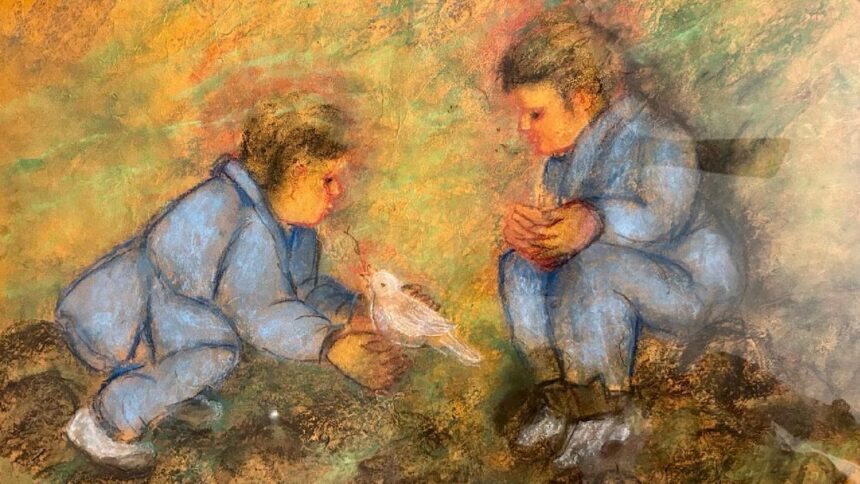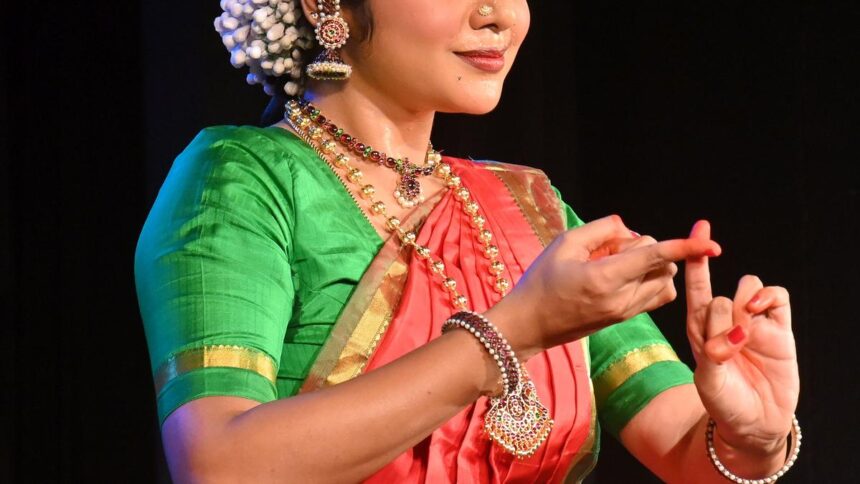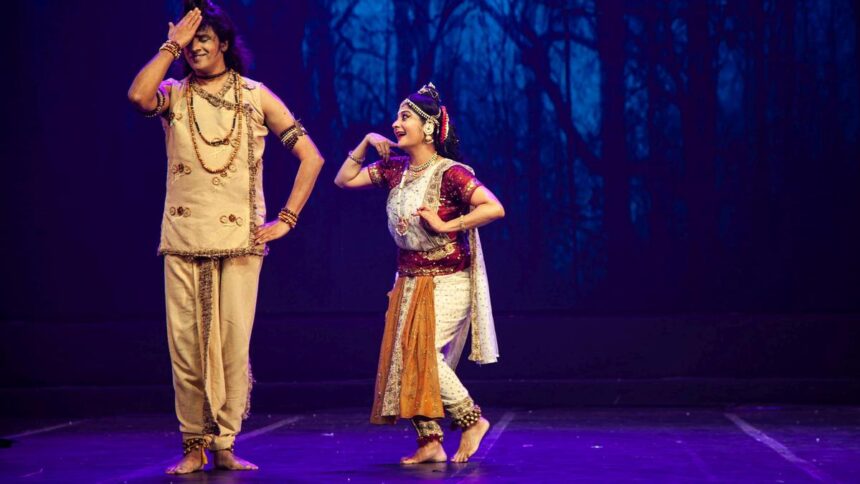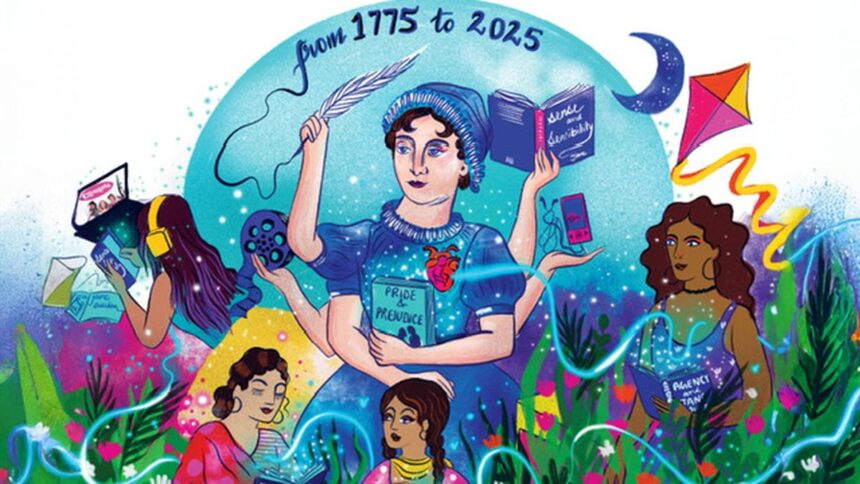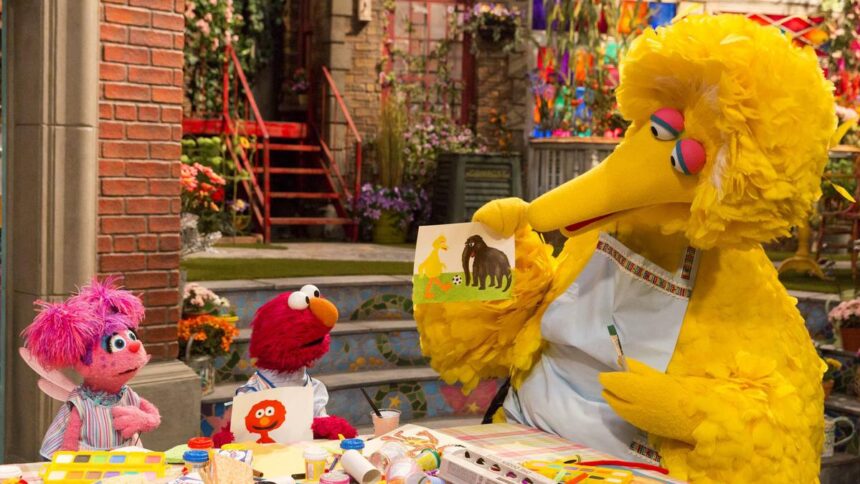The Indian Music Experience is currently hosting the Azaadi Music Festival: Anthems of Freedom. The 10-day festival which began on August 29, will continue till September 7 and showcases a range of voices and genres that include rock and rap, ghazals and folk, tribal and classical music.
This weekend will see performances by Arivu, the Paroja Tribal Song and Dance Group, Divyam Sodhi and Khwaab, among others. The festival also includes a month-long showcase of the video installation Saavan by London-based musician Talvin Singh and renowned contemporary artists Thukral and Tagra.
According to Sumangala Damodaran, who will be performing with her band Antara this weekend, the festival offers “a different take on azaadi” in the way it has been curated. “A lot of artistes who look at music seriously as a way of understanding what freedom is and what living in this country means to them, are a part of this event.”
The activist will be presenting Woh Subah Kabhi To Aayegi composed by Sahir Ludhianvi. “The song was written in the 1950s, soon after India’s Independence when disappointment was rife over the fact that hunger and unemployment continued to persist. The song moved focus from independence to social transformation,” she says, adding that she works with the original composition of the song and not the version featured in the film Phir Subah Hogi.
“I find the lyrics powerful and quite relevant for our times, long after it was written. Though I’ve titled my segment Woh Subah Kabhi To Aayegi based on that song, I will also be performing songs in four Indian languages which were written at various points in response to social issues.”
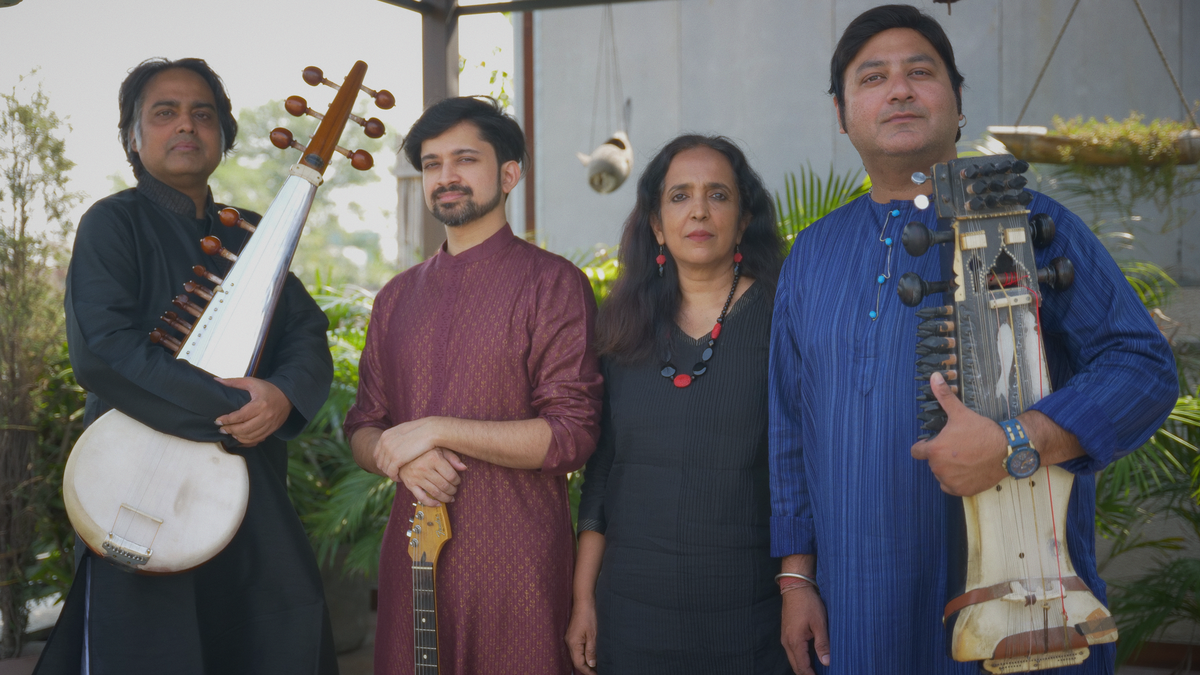
Sumangala Damodaran with members of Antara
| Photo Credit:
Special Arrangement
Most of Sumangala’s work revolve around the music of the Indian People’s Theatre Association from the 1940s and 50s, as well as her compositional and collaborative work with poets and poetry that developed as a response to challenges in society.
Presenting songs of resistance and hope in Hindi, Malayalam, Bangla, Punjabi and Telugu, Sumangala will be joined by two members of Antara, Pritam Ghoshal, a sarod player, and guitarist Mark Aranha, this weekend.
The hills come alive
Nagaland-based Tetseo Sisters are also part of the line-up this weekend. Known for their songs in Chokri, the language spoken in their region, the siblings — Mercy, Azi, Kuku and Lulu, have been performing since 1994, showcasing the folk songs of their hometown in India and abroad.
“The beauty of Li, our folk songs, is that they allow for one to build on an already existing structure, theme and tune, to create something new. For instance, a traditional song about the harvest can now include stanzas on a personal experience of that season or become a love ballad,” says Mercy.
“It was the exercise of learning folk songs and old tunes, and having the freedom to add to them, that made us brave enough to write our own songs. It has been a wonderful experience for us and we learnt to grow our own wings.”
The Tetseo Sisters
| Photo Credit:
Special Arrangement
The troupe released their debut album in 2011, bringing out EPs and singles regularly, coming up with original numbers apart from heritage works in Li. All the siblings sing and play multiple instruments. “We also have a few original songs in English and a couple of fusion numbers, but we do not perform covers,” she says.
In Bengaluru, the Tetseo Sisters will be joined by their brother Mhaseve. The girls began singing when they were still in school and as they made their way through high school and college, “There were times when all four of us would not be able to perform at the same time due to exams or other commitments, but our brother would accompany us — doing sound, and filling in when needed.”
“Today, he is our music producer, though at times he accompanies us on the guitar, percussion or keys as needed,” says Mercy, adding that they use the tati (a one-stringed instrument), khrokhro (shakers made of gourds and beans), and shiishii (mini shakers), in all their performances.
“We also come decked up in our ethnic wear. We come in full costume because we want audiences to experience and imagine the significance of these colours and where they come from.”
Mercy says the Task Force for Music and Arts under the Government of Nagaland makes artist facilitations and collaborations possible, and while talking about the upcoming show in Bengaluru, she adds,“People associate freedom with different reasons, feelings or emotions, but for us, singing as we do in a specific dialect, it has to do with the music. We are often asked if this language is a hindrance for audiences, but we have found music breaks all barriers, creating a sense of freedom — for the artistes who can express themselves without inhibition and their listeners who vibe to that emotion.”
“In this way you are automatically breaking through and creating a new relationship. Music liberates people from prejudices and stereotypes, which is why it is great to be performing at a music festival celebrating freedom.”
The Azaadi Music Festival is at the Indian Music Experience Museum. All events are free, but registration is compulsory with seating on a first-come, first-served basis. Full schedule of events at indianmusicexperience.org
Published – September 04, 2025 03:23 pm IST







